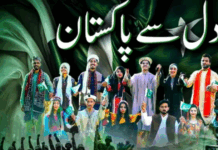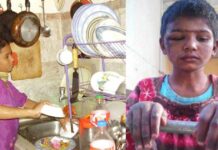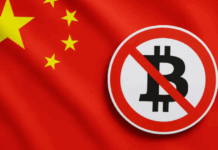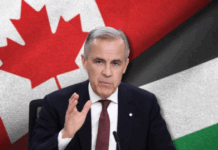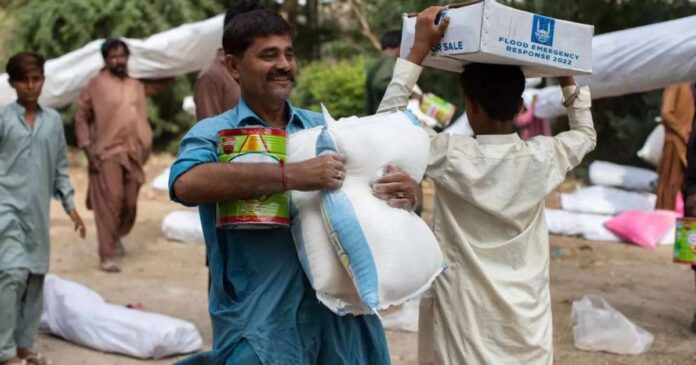When we think about the most generous countries in the world, places like the U.S. or the U.K. probably come to mind. But what if we told you that Pakistan, a country struggling with poverty, inflation, and political unrest, is one of the most charitable nations in the world?
The Stanford Social Innovation Review reported a few years ago that Pakistan contributed over 1% of its GDP towards philanthropy, which pushes it into the ranks of far wealthier countries like the United Kingdom (1.3% of GDP to charity) and Canada (1.2% percent of GDP), and around twice what India gives relative to GDP.
A study by the Pakistan Centre for Philanthropy said that approximately PKR 240 billion (more than $2 billion) is donated by Pakistanis per year. And now, Pakistan has earned a spot among the world’s top 20 most generous countries, securing the 17th position in the World Giving Report (WGR) 2025 with citizens donating an average of 1.64% of their income to charitable causes.
So the big question is: Why do people give so much when they themselves don’t have much?
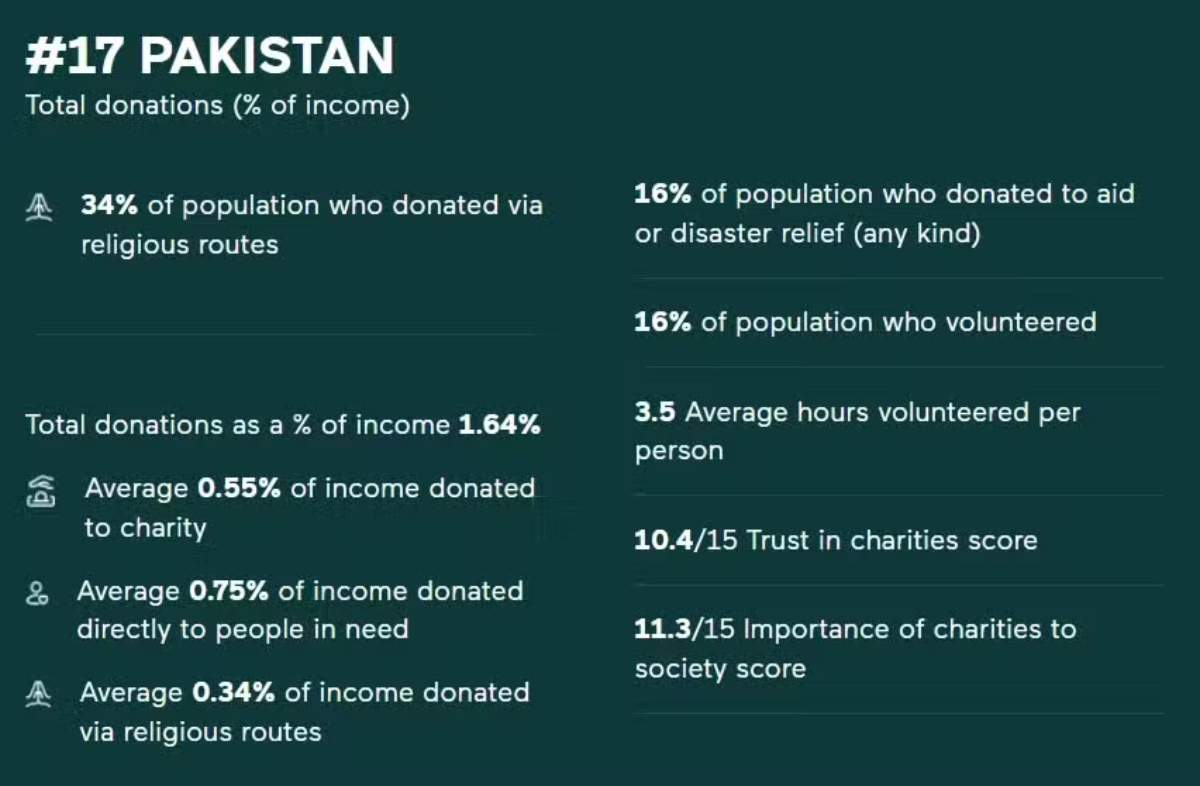
Giving is Part of the Culture
In Pakistan, charity is considered an obligation, too. Islam, which is the religion of the majority here, encourages giving. Concepts like Zakat, which refers to giving a required portion of savings (usually 2.5%) that Muslims must give to those in need every year. And then there’s Sadaqah, which is a voluntary charity that can be given anytime, in any amount.
This means that for many people in Pakistan, giving is tied to faith, values, and everyday living. And during the month of Ramadan, donations shoot up even more. Whether it’s money, food, clothes, or time, people step up in incredible ways.
According to the World Giving Report 2025, which is a UK-based Charity, Aid Foundation that surveyed over 55,000 people across 101 countries, found that 73% of Pakistanis donated money in 2024 due to cultural values. However, it also discovered that 89% of these charity givers also felt happy about the act of giving, apart from it being a duty.
Shazia Maqsood Amjad, Executive Director of PCP, said, “This is a proud moment for Pakistan. Despite economic challenges, our people continue to demonstrate an unwavering commitment to helping others. Giving is embedded in our social fabric, whether through Zakat, volunteerism, or community-driven support.”
When the System Fails, People Step in
Most Pakistanis don’t expect much from the government. With broken welfare systems and very little state support for the poor, people have taken charity into their own hands.
That’s why organisations like the Edhi Foundation, Saylani Welfare Trust, and Shaukat Khanum Hospital exist and thrive. They’re mostly funded by ordinary people. From helping the sick and hungry to educating children and responding to disasters, these groups fill in the gaps that the government often leaves behind.
Provincial statistics reinforce this: in Balochistan, 90% of respondents prefer giving directly to individuals rather than organisations. One possible explanation is that Balochistan has fewer established charitable organisations as it is the most underdeveloped province, which in turn may have earned less public trust compared to those in more developed provinces.
The same pattern emerges for in-kind donations and volunteer time, but to a slightly lesser degree. In both Punjab and Balochistan, in-kind giving to individuals occurs at almost the same rate, with both provinces giving slightly more than KPK.
However, organisations perform significantly better when it comes to volunteer time. In KPK, nearly half of the respondents volunteer with organisations, followed by Balochistan, where more than one-third of respondents contribute their time in this way.
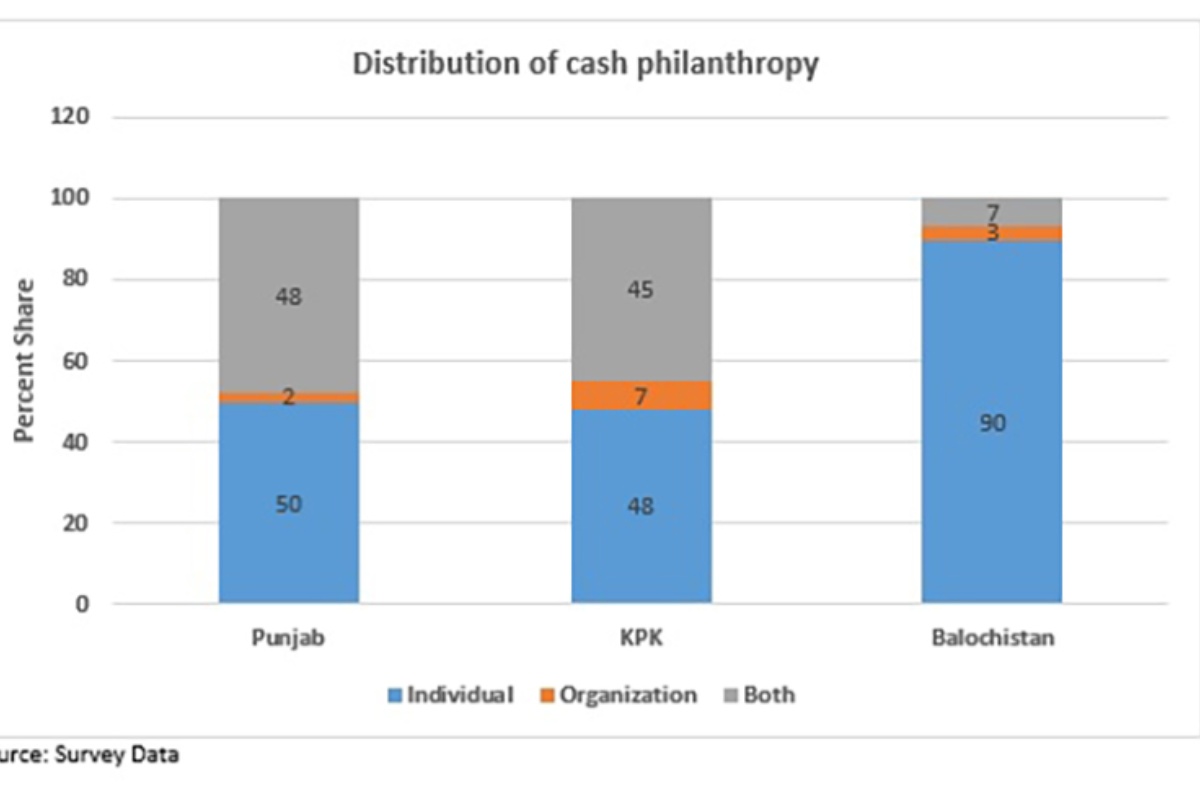
Need for Organisational-Based Philanthropy
Concerns about misuse, wastefulness, and a perceived lack of impact are major factors discouraging people from donating to organisations. When individuals do choose to give, proximity and reputation are the two primary drivers influencing their choice of recipient.
Mosques and madrassahs enjoy higher levels of public trust than civil society organisations, which is why they receive the bulk of organisational donations. This results in a lot of potential in organisational philanthropy remaining untapped.
There is no doubt that Pakistanis are a generous people, as the practice of giving is nearly universal. They are giving, but it’s not showing in economic progress and paper.
The charitable impulse needs to target more impact-oriented philanthropy. In this way, individual donations can play a more effective role in inclusive development.
Stay tuned to Brandsynario for the latest news and updates.





